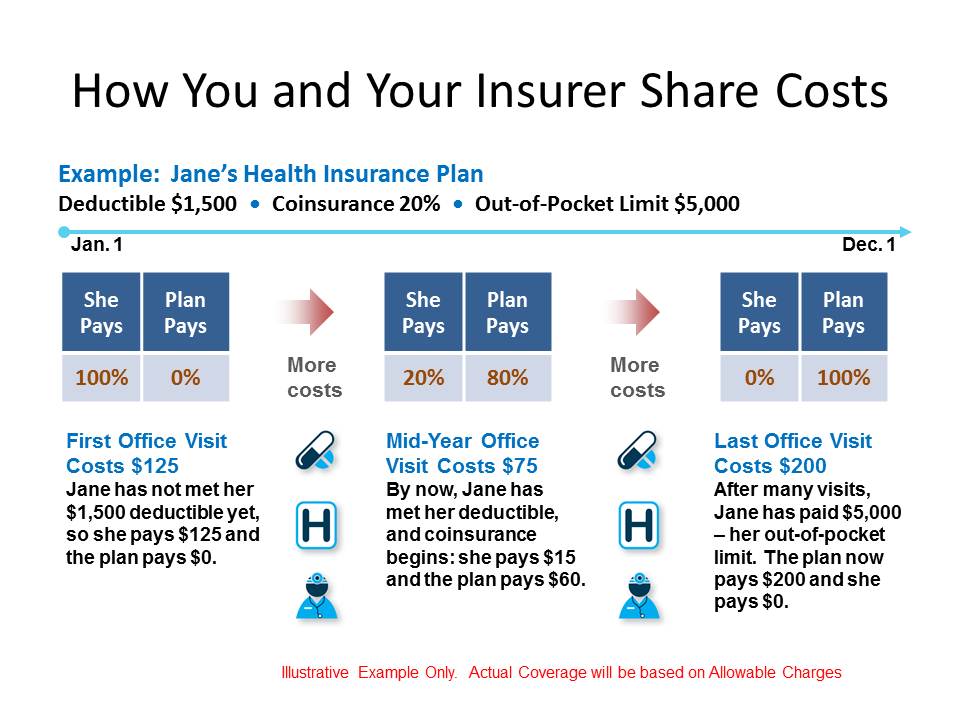Let's compare how cash value builds up in common types of long-term life insurance policies: provide an ensured money value part that grows according to a formula the insurance provider predetermines. You will have the ability to see a table showing you the guaranteed development, year by year, before you make a dedication to acquire an entire life policy. determine just how much your cash worth must grow based upon existing rate of interest, which, naturally, differ gradually. enable you to invest funds in policy subaccounts, comparable to mutual funds. Your money value will increase or reduce, depending upon the efficiency of these subaccounts.
Or you can cut back on your death advantage. Neither alternative is great. If you have a whole life policy, you will not need to make those horrible choices. The premium, cash worth, and death advantage are all ensured. And did you know you can discover exactly what your surefire premium, money value and death benefit will be at any point in time before you decide if it who plays meredith on b positive makes sense to begin an entire life policy? Simply ask for a FREE, no-obligation Analysis here to take the primary step. Dividends represent a return of a part of your premium. In such a way, it's like getting an earnings tax refund.
It's possible an insurance provider could have a dreadful, horrible, no great, really bad year. In truth, that's what the business plans for. And every year that's better than they prepared, they can pay a dividend. Life insurance business preferred by Rely on Yourself Professionals have actually paid dividends every single year for well over a century including during the Great Depression and Great Economic Downturn. Get Your FREE Report! Get immediate access to the FREE 18-page Unique Report that exposes how super-charged dividend paying whole life insurance coverage lets you bypass Wall Street, fire your banker, and take control of your financial future.
You can have them send you a check or hang on to the cash and pay you interest (which, like most any interest you earn, is taxable). and this simply may be the neatest thing because cupcakesyou can have them utilize your dividend to acquire more insurance for you insurance you'll never ever have to pay another premium for once again. Think of that! You can buy extra insurance coverage that's paid up, suggesting no more premiums will be due on that additionever. And what's particularly great is that your paid up additions will also produce dividends, and you can use those dividends to purchase more paid up life insurance coverage, which will likewise earn dividends and so on - How much is home insurance.
Only paid up whole life insurance coverage additions build both your policy's money worth and your death advantage. You can discover more here about dividend-paying entire life insurance coverage, which many individuals find particularly amazing - How much is mortgage insurance. Get Your FREE Report! Get instant access to the FREE 18-page Unique Report that reveals how super-charged dividend paying entire life insurance lets you bypass Wall Street, fire your lender, and take control of your monetary future. Term life insurance coverage premiums go upsometimes drasticallywith every brand-new term, because much of the expense of insurance is based upon how likely you are to pass away at a provided age, and as you grow older, that likelihood goes up.
However entire life premiums are ensured to remain levelforever (unless you have the type of policy that decreases or removes premiums at a specific time, say, retirement age). So you may be asking, "If it costs more to guarantee my life with every passing year, how can a life insurance coverage business assure my premiums will cancelling siriusxm online never increase?" The response is elegantly simpleand it assists describe why whole life insurance is more pricey than term insurance coverage in the early years of the policy. Investopedia provides the response, in its short article, "How Money Worth Integrates In A Life Insurance Coverage Policy." "In the early years of the policy, a greater portion of your premium approaches the money value.
It resembles how a house mortgage works: In the early years, you pay primarily interest while in the later years the majority of your mortgage payment goes towards principal. "Each year as you grow older, the expense of guaranteeing your life gets more costly for the life insurance coverage business. (This is why the older you are, the more it costs to buy a term life policy.) When it comes to cash-value insurance, the insurer consider these increasing expenses. "In the early years of your policy, a bigger part of your premium is invested and allocated to the money worth account.
The 7-Minute Rule for How Does Life Insurance Work

Then in later years, the cash value build-up slows as you grow older and more of the premium is applied to the cost of insurance coverage. How much is health insurance." The money value of a whole life insurance coverage policy is ensured to grow every year, until, ultimately, the money worth equals the death advantage. What takes place then? Brilliant concern! Since the money worth continues to grow, ultimately it has to equate to the quantity of the death benefit, right? Insurance provider typically develop their policies so that the two linesgrowth of cash value, and quantity of death benefitmeet at age 121, well after the average life span.